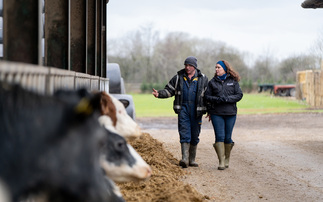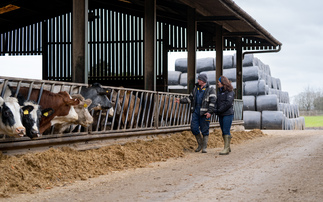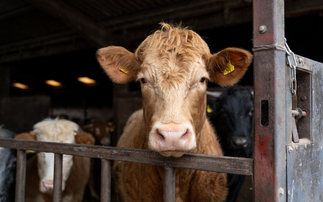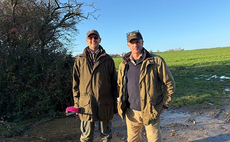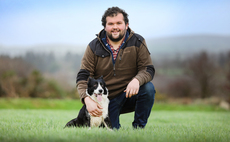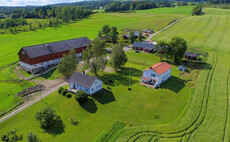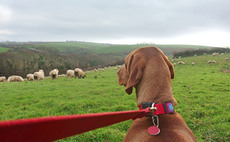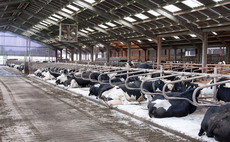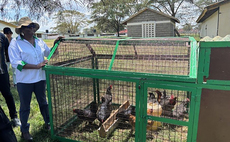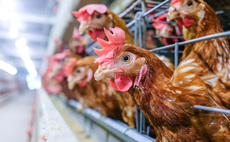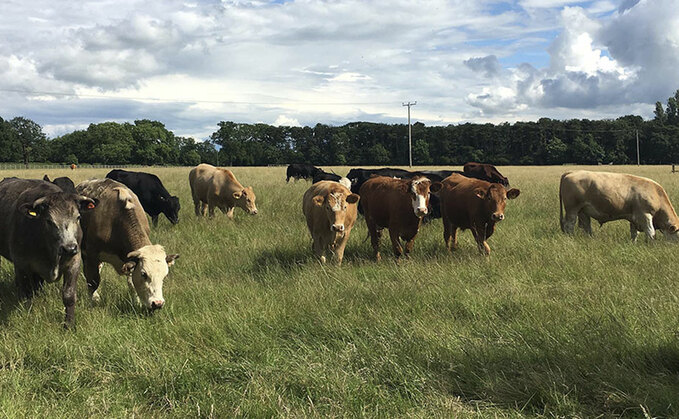
Pasture management is an essential component of parasite control, particularly because it is estimated that 95 percent of parasites are on the pasture and only 5 percent are present in the animal1.
Rotational grazing strategies are an effective means to maximizing beef and dairy products from grass, but the age of stock and their levels of immunity to worms can mean they are exposed to a much higher risk of parasitic disease and production loss.
If your paddock rotations last about two to three weeks, be mindful that cattle will be returning to the pasture just as worm larvae contamination reaches its peak.
You can take steps to reduce the risk of a high worm challenge by
- Limiting the exposure of young stock to worms by prioritising your lowest risk pasture for these groups of animals and/or moving them to lower risk pasture later in summer.
- Rotating cattle out of a pasture before they eat the grass down to an extreme. A total of 80 per cent of parasites are found concentrated within the first 5cm of grass, so keeping grass length long means fewer worm larvae will be ingested.
- Reducing stocking density. This can help reduce the quantity of worm larvae ingested, since cattle will not have to graze near dung pats where higher numbers of worm larvae are found.
- Ensuring a subpopulation of refugia is maintained on pasture and in cattle by not treating all animals in the herd at the same time.
- Incorporating diagnostic tests (for example, faecal egg counts, bulk milk ELISA tests and regular weighing of youngstock) to better understand your herds parasite burden and help identify individual animals or groups of animals which can be prioritised for treatment.

��





